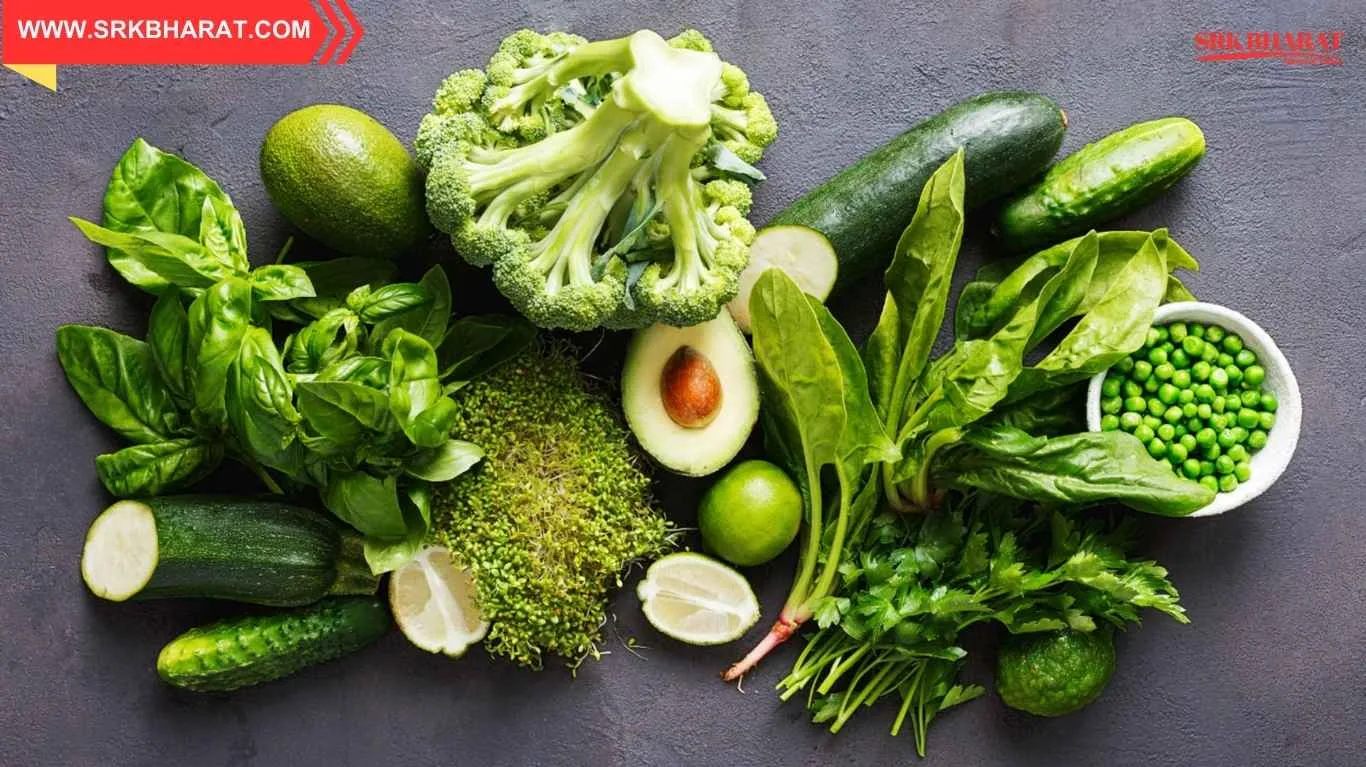Colon cancer, also known as colorectal cancer, is one of the most preventable yet deadly forms of cancer affecting millions of people worldwide. With lifestyle diseases on the rise, gut health experts are stressing the importance of early intervention, proactive habits, and informed choices to minimize the risk. According to a prominent gut health specialist, there are three simple yet highly effective strategies that could significantly reduce the chances of developing colon cancer.
These tips, grounded in scientific studies and supported by medical consensus, could help people take control of their gut health in ways that are easy to implement into daily life. With colon cancer rates rising alarmingly among younger adults, especially those under 50, these recommendations have never been more timely.
Colon Cancer: A Growing Global Concern
Colon cancer has traditionally been considered a disease that affects older adults, but new data points to a worrying rise in cases among younger populations. In fact, global cancer statistics indicate that colorectal cancer is the third most common cancer and the second leading cause of cancer deaths worldwide.
According to medical experts, the sharp increase in sedentary lifestyles, consumption of ultra-processed foods, low fiber intake, and irregular bowel habits are among the top contributing factors. However, the disease is also highly preventable when detected early or when lifestyle modifications are applied consistently.
Gut Expert’s 3-Step Prevention Plan for Colon Cancer
A leading gastroenterologist and gut microbiome researcher has outlined a simple three-part strategy to protect against colon cancer. These recommendations are focused on diet, physical activity, and regular screening:
1. Adopt a Fiber-Rich, Anti-Inflammatory Diet
The gut expert emphasizes the crucial role of dietary fiber in reducing the risk of colon cancer. Fiber promotes the growth of beneficial gut bacteria, regulates bowel movements, and reduces inflammation — all essential for colon health.
Key foods to include:
- Fruits: Apples, berries, pears, bananas
- Vegetables: Broccoli, Brussels sprouts, spinach, carrots
- Legumes: Lentils, black beans, chickpeas
- Whole grains: Brown rice, oats, quinoa, whole wheat bread
- Fermented foods: Yogurt, kefir, kimchi, sauerkraut
Avoid:
- Processed meats like bacon, sausages, and deli meats
- Red meat in excess
- Fried and fast food
- Foods high in refined sugar
Daily Fiber Recommendation:
| Age Group | Fiber Requirement (grams/day) |
|---|---|
| Adults (Male) | 30–38 |
| Adults (Female) | 21–25 |
| Children (4–8 years) | 19 |
| Teens (9–18 years) | 25–31 |
2. Exercise Regularly To Keep Your Gut Moving
Physical activity is directly linked to better digestion and reduced risk of inflammation and insulin resistance — two conditions that play a role in colon cancer development. Even moderate daily movement can help.
The gut expert suggests:
- Brisk walking for 30 minutes a day
- Cycling, swimming, or yoga 3–5 times a week
- Strength training twice a week
Benefits of Physical Activity for Colon Health:
| Activity Type | Colon Health Benefit |
|---|---|
| Walking | Enhances peristalsis (gut movement) |
| Yoga | Reduces stress, improves gut-brain axis |
| Resistance Training | Regulates insulin and hormone levels |
| Aerobic Exercises | Lowers inflammation and obesity risk |
Physical inactivity has been found to increase the risk of colorectal cancer by nearly 25%. Conversely, regular exercise is believed to reduce this risk by up to 30%.
3. Get Regular Screenings Starting at Age 45 (or earlier if at risk)
Early detection is one of the most powerful tools in fighting colon cancer. Colonoscopies and stool-based tests can identify precancerous polyps or early-stage cancers long before symptoms appear.
Screening Recommendations:
| Risk Category | Recommended Starting Age | Frequency |
|---|---|---|
| Average Risk | 45 | Every 10 years (colonoscopy) |
| Family History of Colon Cancer | 40 or 10 years before youngest case in family | Every 5 years or as advised |
| Inflammatory Bowel Disease (IBD) | 8–10 years after diagnosis | Every 1–2 years |
| African Descent | 45 | Every 10 years (may vary) |
Non-invasive options like fecal immunochemical tests (FIT) or stool DNA tests are also available annually or every three years respectively for those hesitant about colonoscopy.
Additional Tips from the Gut Expert
Apart from the three core suggestions, the expert also advises the following to further protect your colon:
- Stay hydrated: Water aids in digestion and helps prevent constipation
- Limit alcohol: Excessive consumption is associated with higher colon cancer risk
- Quit smoking: Tobacco use inflames the gut lining and damages DNA
- Manage stress: Chronic stress disrupts the gut microbiota and impacts digestion
- Maintain a healthy weight: Obesity is directly linked to increased cancer risk
Colon Cancer Risk Factors
Understanding and identifying risk factors is key in preventive care. While genetics plays a role, lifestyle factors are increasingly influential.
| Risk Factor | Modifiable? | Impact on Risk |
|---|---|---|
| Family history of colon cancer | No | High |
| Diet low in fiber and high in red meat | Yes | High |
| Sedentary lifestyle | Yes | Moderate to High |
| Smoking and alcohol | Yes | Moderate |
| Obesity | Yes | High |
| Type 2 Diabetes | Partially | Moderate |
Symptoms to Watch For
While the goal is prevention, being aware of early warning signs can also lead to timely medical intervention.
- Blood in stool or rectal bleeding
- Persistent abdominal pain or cramps
- Sudden change in bowel habits (diarrhea or constipation)
- Unexplained weight loss
- Chronic fatigue or weakness
If any of these symptoms persist for more than a few weeks, it is critical to consult a healthcare provider.
Public Health Implications
Raising awareness around colon cancer prevention is crucial. Many people either ignore the early signs or do not get screened in time. Incorporating fiber-rich diets, regular physical activity, and screening into public health campaigns can significantly reduce mortality rates.
Several countries have seen success in reducing colorectal cancer incidence through mass awareness programs, community screenings, and dietary guidelines. Experts argue that with collective responsibility and education, colon cancer can be pushed into the category of largely preventable diseases.
Final Thoughts
The key takeaway from the gut expert’s advice is clear — small, sustainable changes in lifestyle can have a massive impact on colon health. The three-pronged approach of diet, movement, and timely screening is simple, actionable, and supported by years of scientific research.
Rather than waiting for symptoms to emerge, individuals are encouraged to be proactive and take control of their gut health. By doing so, not only is the risk of colon cancer reduced, but overall well-being, digestion, immunity, and energy levels improve dramatically.
Disclaimer:
This article is for informational purposes only and is not a substitute for professional medical advice, diagnosis, or treatment. Readers are advised to consult a qualified healthcare provider for any questions regarding a medical condition or preventive measures against colon cancer.












заказать проект перепланировки квартиры в москве заказать проект перепланировки квартиры в москве .